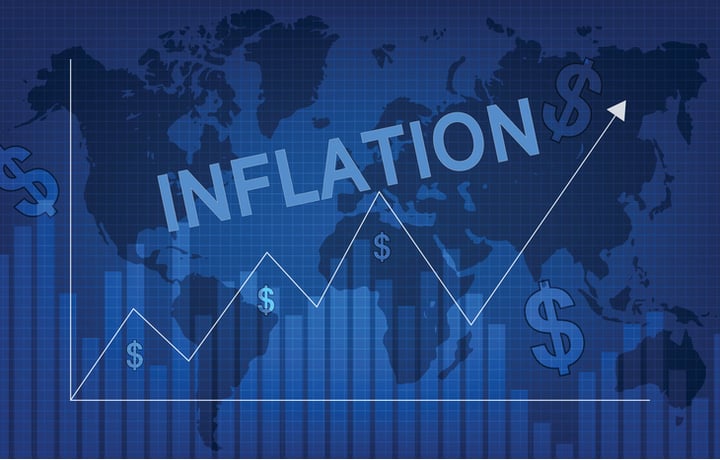Inflation Forecasts and Market Expectations

How high will inflation go and when will cash rates peak are common questions that people are asking in this inflationary environment. In answering questions like these, we need to understand the difference between 'forecasts' and 'market expectations'.

Inflation forecasts are the numbers that economists produce for where they expect inflation to be in the near term, usually over the next one to two years. These forecasts are prepared by private sector and official economists, the latter often working at a country’s central bank given the importance of inflation as an input to monetary policy.
Market expectations, on the other hand, are entirely different. These are expectations for inflation over long time-frames. This is reflected in bond market pricing, as the yield (or return) from a bond investment is intended to compensate an investor for inflation over the life of the investment, which is generally 10, 20 or even 30 years.
So, when we compare economist inflation forecasts with market expectations for inflation, we get two very different views of the future, and each are important in their own way for the setting of monetary policy by a central bank.
These inputs are also instrumental in shaping the market’s view on expected returns. Higher inflation will require higher returns, and this in turn necessitates lower asset prices and/or higher earnings.
The obvious disadvantage of inflation forecasts and market expectations is that they are just that: forecasts and expectations. They are not guaranteed to be correct, and because predicting future events is impossible, they are always wrong to some extent.
On the forecasting side, we know that when the 'experts' provide a forecast of economic data for as little as one year into the future, that these have a mixed track record (at best) of being correct. Once we move further out, to say two years, forecast errors become significant. Market practitioners fare little better in inflation expectations, or other market pricing. Large corrections to financial market prices are a seemingly permanent feature of markets and bear testament to that. The difficulty is so well known that researchers have established that current market prices or variables outperform more sophisticated models as an estimate.
If forecasts and expectations can never be completely correct, how should we go about investing in inflationary environments?
History has shown that a prudent portfolio blend incorporating growth assets (e.g., share and property investments) and defensive assets (e.g., bonds) generally outperform inflation in the long term.
So, while inflation forecasts and market expectations continues to pose challenges for policymakers, investors should maintain a disciplined investment approach designed to deliver long term returns through a range of scenarios. This is something you can invest in with certainty.
|
Need financial advice? Click below to arrange a consultation |
Have a question? Click below to get the answer |
Don't Keep This Secret!
Share this article with friends via email and on social media by clicking below




